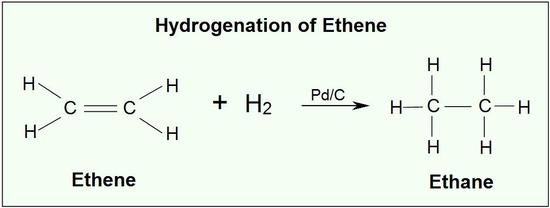- Joined
- Mar 19, 2020
- Messages
- 64
- Reaction score
- 11
Hi,
I just ran across a practice problem during my content review that mentioned that when MnO4- reacts to become MnO2 this is a reduction. I am confused about this because it has fewer electrons since there are fewer double bonds? The practice problem was about a whole reaction, so if more information is needed to clear up my confusion, I can post the whole reaction.
I just ran across a practice problem during my content review that mentioned that when MnO4- reacts to become MnO2 this is a reduction. I am confused about this because it has fewer electrons since there are fewer double bonds? The practice problem was about a whole reaction, so if more information is needed to clear up my confusion, I can post the whole reaction.



